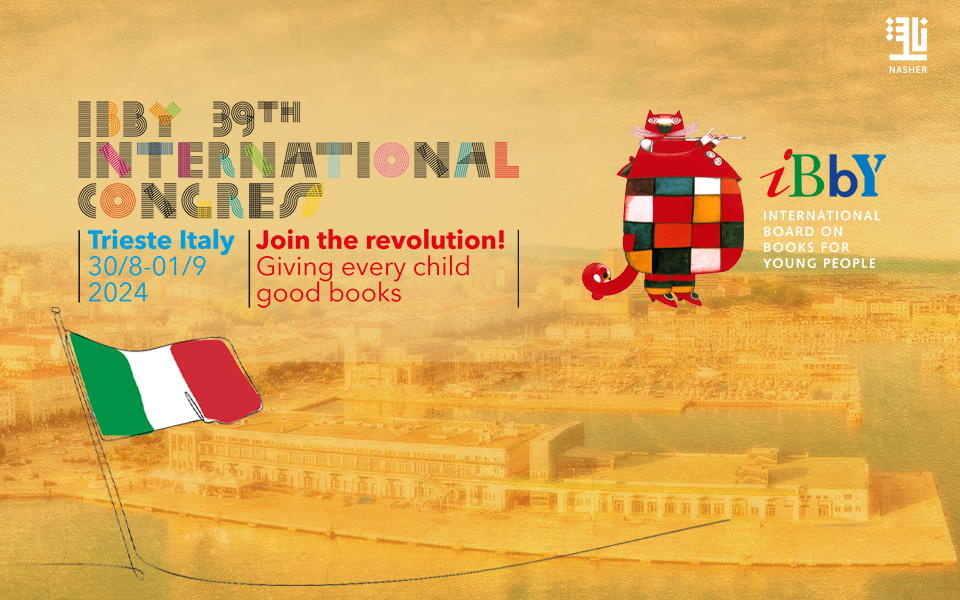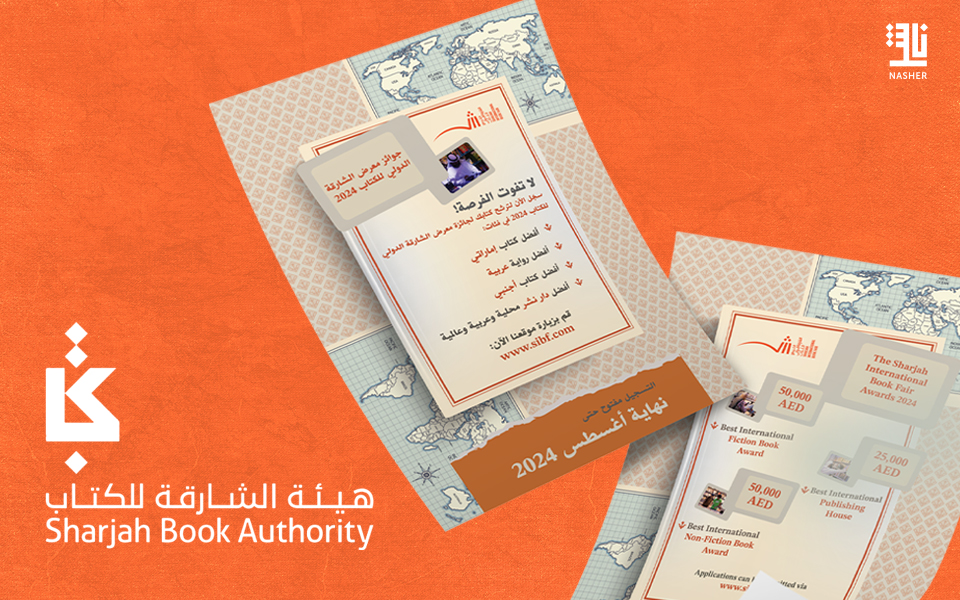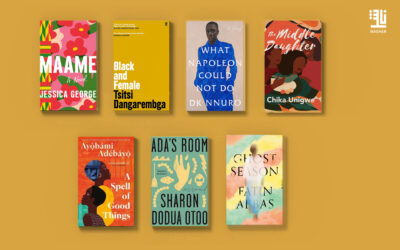With the prevalence of eBooks, the US and the European publishing markets fostered debates such as: is the ebook taking over the print book? Is the ebook sales dropping or rising? Are specific book genres bought more on one format over the other? Does a particular age group prefer one format over the other?
In the Arab world, however, primarily due to the delay in professional ebook entry, the debate was completely different. The Arab world debate focused at the ebook a form of book piracy, a very valid concern as the contemporary history in the Arab publishing world has been about fighting for their books from flooding the internet forums with pirated low quality scanned pdf free versions within days from publishing the books. I’ve always believed that the Arab world books piracy is caused by few issues: the weak book distribution networks across the Arab world, so for one book published to reach all the Arab countries it can take a year at times and can solely depend on book fairs availability, if they were lucky, and some readers just don’t appreciate the wait or the scarcity, so they’d follow the Machiavelli principle: “The ends justify the means”. Another main reason is the complete obliviousness of the unethical aspects of piracy, many of those who use pirated books would rather be caught dead before they consider the idea of stealing a book from a bookshop, but they fail to see the parallels of that in what they do, especially with the piracy of ebooks being with intangible products so they can’t equate it to stealing a physical product. It takes a whole argument of explaining that them getting the pirated book means the publisher loses their sales of the book and by that, you’ve robbed them from that book’s revenue which you are nonetheless reading. The last reason, in my opinion, is the lack or restraining laws and the lack of reinforcements of the existing laws to protect the publishers.
I recall in 2014 I attended a session in London Book Fair that explained digital piracy of creative content and how regulated app stores resulted in dropping piracy rates. The examples included Russia, China, and the US, and it used the music industry and the film and tv industries, with their previous piracy rates hitting extremely high levels with torrents downloads through different sites, affecting the revenue lines for both industries. The only thing that put a stop to that and dropped the piracy rates gradually is the introduction of regulated digital app stores (especially the membership models) like Apple music, Spotify and the likes for music industries from a side, and Netflix, Hulu and the likes for film and tv industry from the other side. As those applications penetrated the market and gained bigger customer base, they made access to high-quality entertainment become easy, fast, and cheap allowing for a shift in consumer behavior toward legal purchases over pirated downloads. The same shift in patterns was achieved in the books industry with the emergence of Kindle, iBooks, and Kobo.
So while the old perception of ebooks revolved around piracy, joining forces with digital book publishing via Kindle, iBooks, and Kobo, will actually help Arab publishers achieve the following: break the book piracy cycle, reach bigger audience across borders of the Arab world and the Arab diaspora across the globe, manage the costs of reaching bigger audience without the need of the additional print management costs for the bigger market cut. It’s worth noting that the argument here is not for the ebook to replace the print book, instead, for the simultaneous publishing of both the ebook and print book to serve all their consumers across the globe and across preferences.








